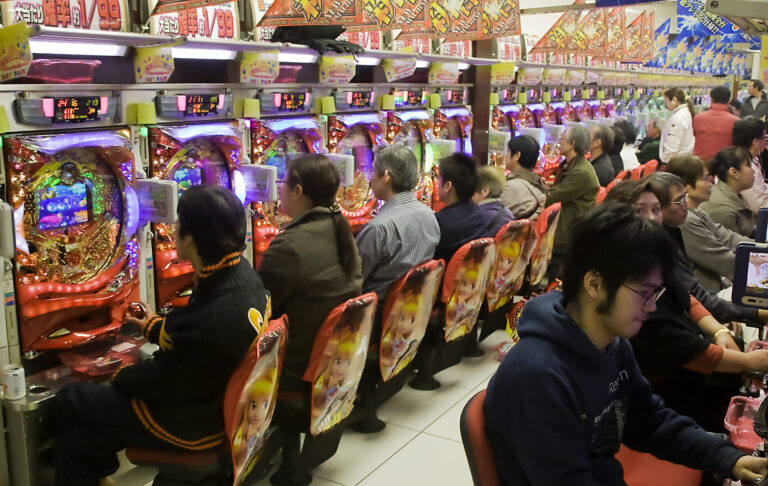Last week was a busy week in Japanese politics news. Former Japanese Prime Minister Hatoyama Yukio—the very same whose fashion choices and somewhat strange behavior made headlines a few weeks ago—resigned on June 3rd, after winning the election and becoming Prime Minister just last year on September 16th.
Hatoyama was adamant after his approval ratings dropped that he has no intention of resigning. Yet just a few weeks later, he did exactly that. Granted, he didn’t resign over horrible fashion attire, no should anyone have expected him to. (The “his bad fashion shows he’s not in touch with the common Japanese citizen” argument notwithstanding.) The actual reason he gave had to do with his failure to close the U.S. military base on Okinawa, which he promised to do during his campaign. While one could argue that he hadn’t served long enough to enact this change, Hatoyama did sign an unpopular treaty in late May with U.S. President Obama to ensure the continued existence of the U.S. military presence in Okinawa. This was mostly due to increased tensions between Japan and North Korea and Hatoyama’s desire for U.S. aid if need be.
Besides the failure with Okinawa, Hatoyama was also accused of perhaps having knowledge of a money scandal involving a top member of his party, the Democratic Party of Japan (not quite the same as the U.S. party of the same name). Facing summer elections, Hatoyama’s party asked him to step down to increase their chances of performing favorably at the next election.
Hatoyama was replaced by Kan Naoto, Hatoyama’s former deputy. Kan is actually Japan’s seventh prime minister in a decade. Why so many changes? Hatoyama’s not the first to resign by any means; it’s a much more common occurrence in Japan than in countries like America, where only one president has resigned in history. The other part of the reason for so many changes in leadership is that the nation’s prime minister is not directly elected by the Japanese citizens. Instead, Japanese citizens vote for their representatives in the Japanese parliament (the Diet). In turn, the members of the Diet elect the prime minister. The more seats a party has, the more likely that party is going to win the position, for which they usually nominate their elected leader. However, this somewhat disconnected way of electing a prime minister does seem to lead fewer Japanese people to be passionately political than many people in other nations.
Do you think Hatoyama should have resigned as soon as he failed with one campaign promise? Do you think the Japanese system of electing a leader would work in your country? Why or why not?
No related posts.
Tags: hatoyama, japan, japan news, japanese history, kan, okinawa, politics, usa



